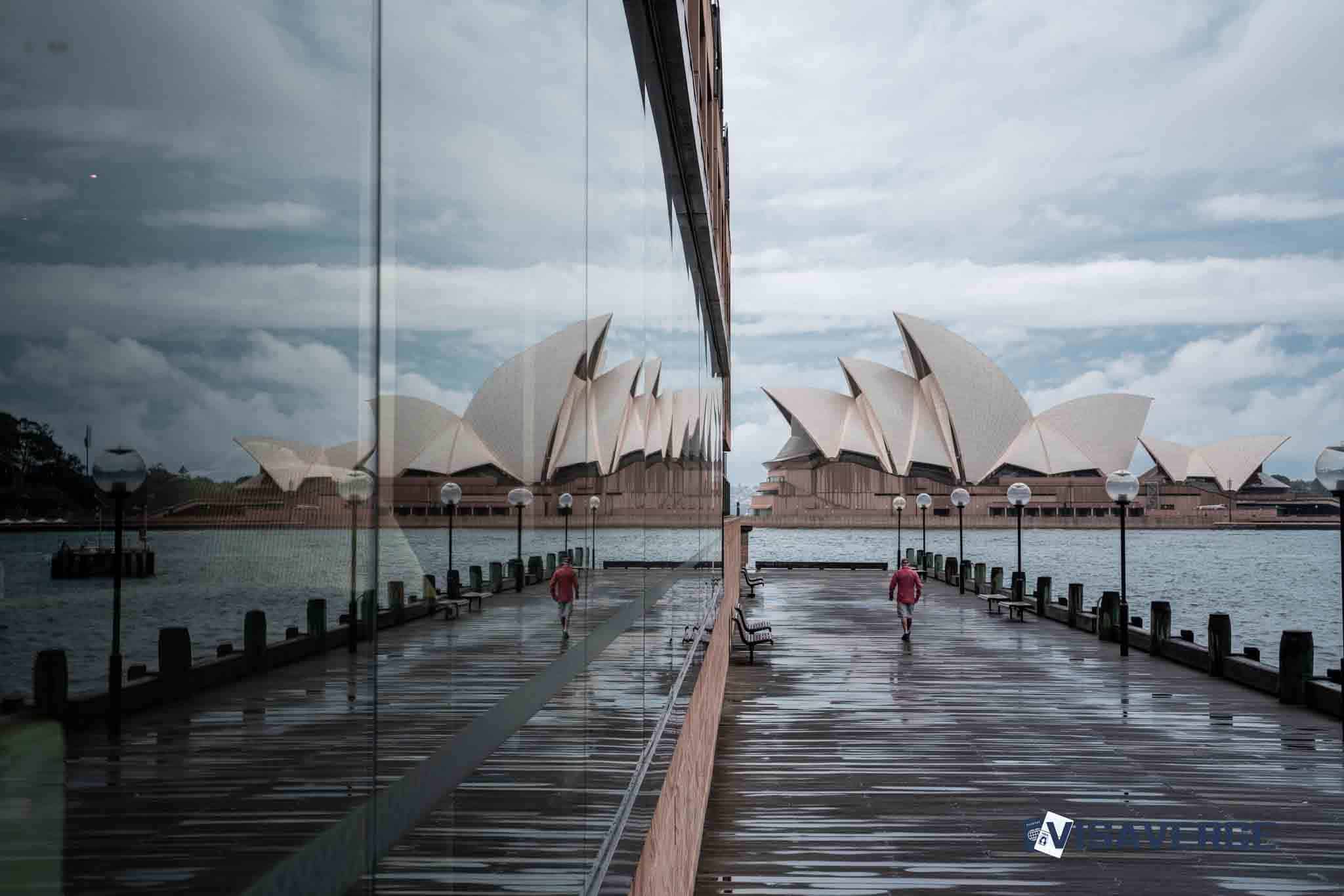(WASHINGTON, D.C.) On August 11, 2025, the White House signaled plans to deploy the National Guard to Washington, D.C., and to place the Metropolitan Police Department (MPD) under federal control for specified security operations. The step would widen the federal security footprint in the capital, where several federal forces already patrol.
For many asylum seekers and recently arrived refugee families, the shift adds fear of detention or deportation, even when they have lawful status or a pending case. It also coincides with a proposed FY 2025 refugee admissions ceiling of up to 125,000, keeping arrivals high in the region while case backlogs persist.

Policy moves now on the table
- Proposed action: Federal control over MPD and National Guard deployment in D.C. during certain security missions. Officials did not provide full implementation details, including duration, command structure, or areas covered, at the time of the announcement.
- Existing federal presence: The District already hosts multiple federal forces, including the U.S. Park Police, the Secret Service Uniformed Division, and the U.S. Capitol Police. If federal security expands, residents may see more uniforms and checkpoints during major events, protests, or emergencies.
- Humanitarian context: The U.S. Refugee Admissions Program continues to run at elevated levels, with processing handled by DHS/USCIS and the State Department’s PRM, and domestic support through HHS’s ORR. Many families in the D.C. area include people with mixed immigration statuses.
Why this raises anxiety for displaced communities
Visible federal security can trigger fear, especially for people from countries where soldiers or federal police are tied to repression. In D.C., the mix of agencies can be hard to read.
A parent who fled war might not know the difference between a federal public‑order unit and an immigration officer. That confusion leads some to stay home, skip appointments, or pull back from services — even when doing so harms their case or health.
VisaVerge.com reports that federalized policing has a documented chilling effect in immigrant communities, largely because people cannot easily tell which officers do immigration work. This fear tends to rise around federal landmarks, transit hubs, and large demonstrations.
Important: Fear and misunderstanding about which officers enforce immigration laws can lead to missed court dates, lost benefits, and worsened health outcomes.
What stays the same: key protections and distinctions
- Most federal public‑order units and Guard troops do not conduct civil immigration enforcement. Their presence does not grant immigration arrest power.
- Immigration enforcement in D.C. remains with DHS components such as ICE/ERO and CBP.
- Status matters: Refugees and approved asylees have lawful status. Asylum applicants with a pending case and valid documents (for example, an I‑589 receipt) are allowed to remain in the country during adjudication. Many also hold an Employment Authorization Document (EAD).
For reference:
– File asylum with Form I‑589 (Application for Asylum and for Withholding of Removal): https://www.uscis.gov/i-589
– Print or check your I‑94 arrival/departure record: https://i94.cbp.dhs.gov/I94/#/home
– Apply for or renew an EAD with Form I‑765: https://www.uscis.gov/i-765
Daily effects: movement, services, and mental health
- Road closures and checkpoints may slow trips to legal clinics, shelters, schools, and doctors. Missed dates can harm asylum timelines and work authorization renewals.
- Mixed‑status households (for example, a parolee, a TPS holder, and an undocumented relative) often make uneven choices about going outside, which can cut income and increase stress.
- Trauma triggers: Helicopters, sirens, and riot gear can worsen PTSD and anxiety, especially for children.
Document checklist for safer travel to appointments
Carry copies when leaving home, and keep originals in a safe place:
- Government ID (if you have one)
- I‑94 printout or card
- Asylum I‑589 receipt notice
- EAD (examples: Category C08 for asylum pending, A05 for asylee, A03 for refugee)
- Parole or TPS approval documents, if applicable
- Your lawyer or accredited representative’s contact information
If you encounter a perimeter or checkpoint
- Ask which agency the officer represents. Most visible federal units in D.C. are not immigration officers.
- Provide identification if required in secured areas; never give false information.
- You generally do not have to answer questions about immigration status to non‑immigration officers. Ask for an interpreter if you need one.
Court and USCIS appointments: do not miss them
- Always attend immigration court or USCIS interviews and biometrics. Bring your notices and arrive early to get through potential closures or detours.
- Check area advisories before you leave, especially if your route passes near federal buildings or protest zones.
Critical: Missing court or USCIS appointments can have serious consequences for your case. Plan routes and allow extra time during heightened security.
Access to services continues, with adjustments
ORR‑funded providers continue to serve clients during heightened security. Many can switch to remote appointments or temporary sites.
- Call ahead to confirm hours and locations.
- Ask about transportation help if a route is closed.
- Consider moving school enrollment or vaccine visits to calmer hours or alternate campuses to reduce stress for children.
Stakeholders and roles
- White House and federal executive: Sets the security posture and can activate the Guard and assert temporary control over MPD for federal missions.
- Federal law enforcement in D.C.: Secret Service Uniformed Division, U.S. Park Police, U.S. Capitol Police, Homeland Security components, and the Federal Protective Service, each with set jurisdictions.
- District government: The Mayor and MPD normally manage local policing; under the plan, their roles could be limited during certain operations.
- PRM, USCIS, and ORR: Oversee refugee admissions and domestic support that shape who arrives in the region and which services they receive.
What to watch next
- Command structure and scope: How federal control over MPD will work, which events trigger Guard deployments, and which areas will see more officers.
- Service coordination: Any DHS, PRM, or ORR guidance to help providers keep appointments on track during security surges.
- Legal oversight: Possible court or congressional review of extended federal control or deployments.
One official resource for families and caseworkers
- Office of Refugee Resettlement (ORR): Program information and service links for newcomers in the United States 🇺🇸: https://www.acf.hhs.gov/orr
Where to seek help in the D.C. area
Local groups that assist asylum seekers and refugee families include:
- Ayuda
- Capital Area Immigrants’ Rights (CAIR) Coalition
- DC Bar Pro Bono Center
- Catholic Charities of the Archdiocese of Washington
- Torture Abolition and Survivors Support Coalition
For immediate safety issues, call 911. To report hate or bias incidents, contact the D.C. Office of Human Rights.
Refugee resettlement practitioners stress clear, calm messages: most federal security officers are not enforcing immigration law; keep appointments; carry copies of your documents; and call providers ahead of visits. These steps help reduce missed court dates and cut stress for families while the District moves through a higher‑security period.
This Article in a Nutshell
On August 11, 2025, federal plans to deploy the National Guard and federalize MPD raised fear among asylum seekers. Elevated refugee admissions (up to 125,000) coincide with backlogs. Visible federal forces risk missed appointments, mental‑health harms, and service disruption; carry documents, confirm appointments, and seek local legal or resettlement support.













